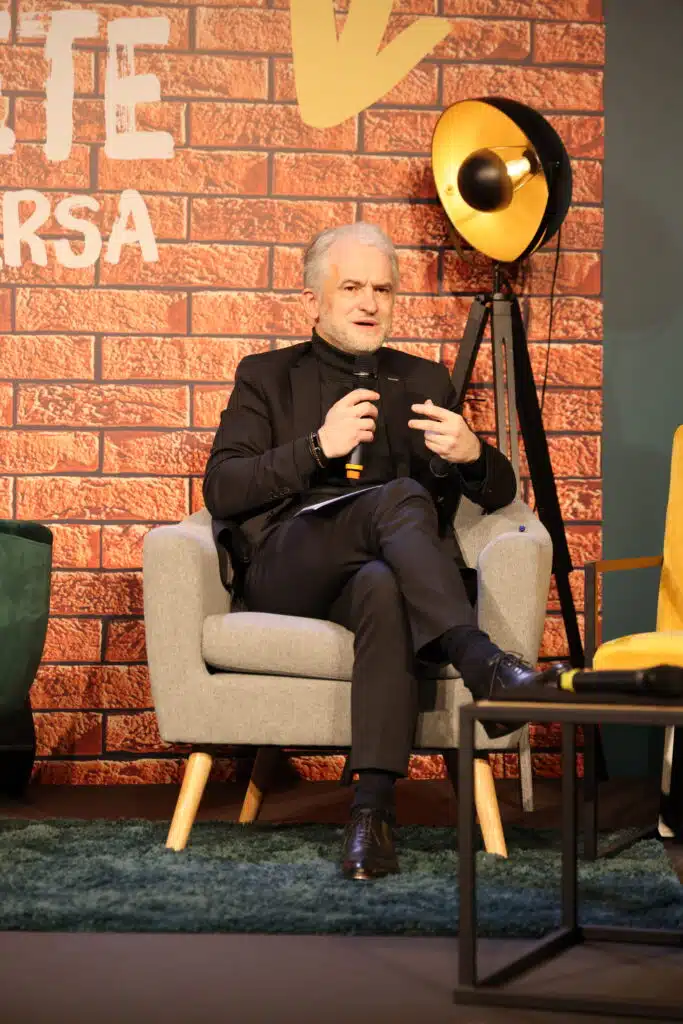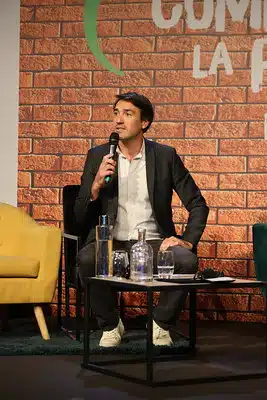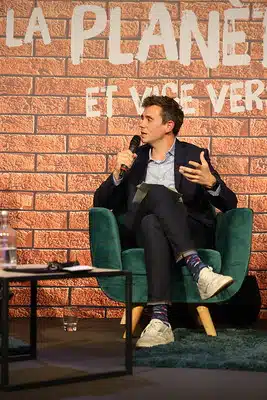The 2030 Agenda for Sustainable Development Goals (SDG) defined by the United Nations is a pivotal aim that will allow us to transform our world and walk towards a newer and better future. These seventeen goals endeavor to engage all leaders to address the challenges our societies face.
In a very stirring and inspiring conference, world leaders Santiago Peralta, José Benitez, and Dieter Brunner, conveyed how their companies engaged in the SDG. Such initiatives have reconstructed the lives of communities and have improved the performances of their industries. Why and how should companies integrate the Sustainable Development Goals into their companies?
Sustainability asserts a bright tomorrow
“The most productive work is the one that comes from the hands of a happy person”, remarked Santiago Peralta at the beginning of his speech. By doing so, he pointed out the central place of the SDG in his chocolate company Pacari and why other businesses should incorporate such goals as a main focus. The success of his multi-award-winning company comes from his desire to create products made out of premium ingredients, as well as his intention to put small scale farmers as the referent object of the company.
Pacari involves itself in various social projects. In order to optimize farmers’ lives, he cooperates in the building of new sustainable earthquake-proof households for them, equipped with water filters and flashlights. Additionally, agro-tourism is generated around the farmers’ task within the company.
In Paraguay, a country with a poverty rate of 26,4%, José Benitez began his egg company Nutrihuevos believing that “each egg contributes for a better country”. His sustainable management program seeks to improve the quality life of Paraguayan women, and to give them access to microcredit. With such a project, his business has increased by 50% in three years. Their commercial projection for the following eight years looks just as promising.
Furthermore, the Slovenian CEO of Iskraemeco d.d, Dieter Brunner, along with his company of smart electric meters, analyzed the integrity of the SDG and incorporated them within their creed. He not only focuses on the reduction of consumption, but also on labor standards; which are, according to him, some of the major issues of the electronic industry. He proposes a local and responsible production of electronic devices, as well as a fair and positive treatment of employees.
Education and dedication, the way to go sustainable
“Young people belong to the generation that will make the change happen”, said Dieter Brunner. Yet, by emphasizing on the importance to educate – not only young people nor only the management team of a company, but also the producers – the partners and the customers in order to set the society in a long-life products and recycling.
Santiago Peralta, adding to the Slovenian CEO, weights the significance of being sustainable from the very conception of the enterprise as well as from the beginning of the process followed by the company. From the designing phase, the Sustainable Development Goals have to be the focal point of the heads of companies.
However, incentives are also needed: businesses need support to implement SDG. Public policy and political actors have a crucial role.
Lastly, while undertaking a sustainable goal, the company might as well be undertaking other ones. The 2030 Agenda’s SDG are considerably interdependent, so corporations should study the interconnection from one SDG to another to optimize the impact and build a colorful, vivid future, full of social equality and environmental responsibility.
Paula Franco



